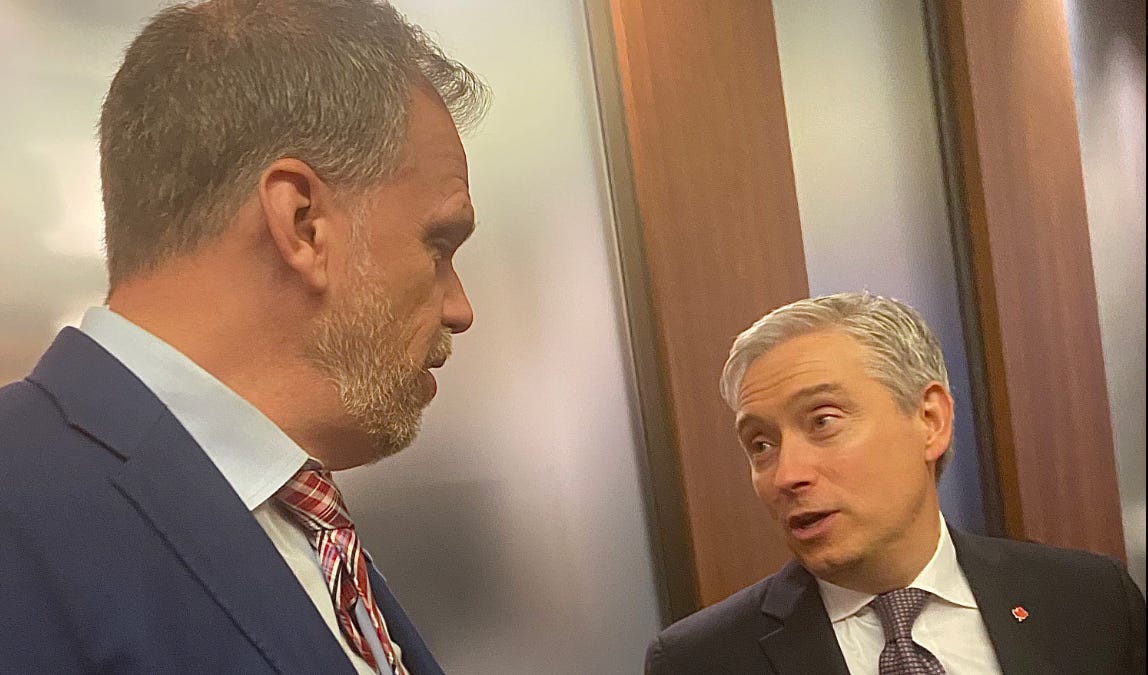And yet I'm supposed to use the word 'honourable' AND his official position before I make mention of Justin?You're either racist, or "alt-right" for pointing that out.
Enjoy your social media ban, and public disgrace...
Pfffffttttttttt...I'll wear being a social pariah as a badge of honour in this case...








